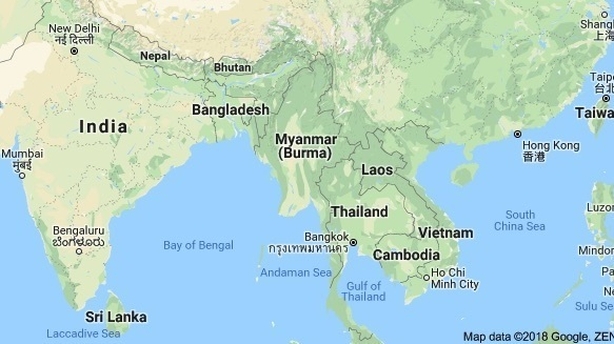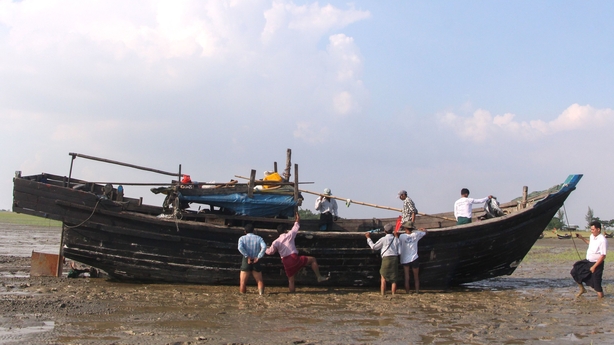Analysis: The Kachin conflict in Northern Myanmar is one of the longest-running conflicts in the world. Over 100,000 people have fled the fighting and are living in camps for the last 7 years
In the north of Myanmar, a forgotten conflict rages.
Over 100,000 people have been displaced from their homes and forced into camps to escape the violence.

The conflict in the Kachin region of northern Myanmar is one of the world’s longest-running conflicts. Despite this, it is a conflict few people have heard about.
The Kachin people are an ethnic group based in northern Myanmar and southern China. When Myanmar gained independence from Britain in the late 1940s, many ethnic groups, including the Kachins, campaigned for self-determination and independence.

In the early 1960s, this erupted into conflict in Kachin as the Kachin Independence Organisation (KIO) fought government troops.
A ceasefire was eventually brokered in 1994. However, after a 17-year truce, fighting resumed in 2011.
Efforts towards restoring peace have been unsuccessful. People who have been living in camps for the last seven years long to return to their homes.
To make ends meet, many thousands of displaced people try to pick-up daily labour on nearby farms. They are paid very poorly and struggle to make ends meet.
Now living in the Pa Kahtawng camp, Lahpai Htu Shan earns money working on a nearby sugar cane field.
"I have no idea what to do since I don't have any land for farming or planting crops," she says, fighting back tears. "I'm alone and it is very difficult. There's no one to help me."
Children as young as 10 end up joining the workforce. Many people illegally cross the border into China to try to earn money. Not only do they risk arrest, they are also often exploited by employers who know how desperate they are.
For these people, life is simply on hold. They do not know when this war will end.
All they want is to return to their homes. When it will be possible to do that, nobody knows.
The views expressed here are those of the author and do not represent or reflect the views of RTÉ.



